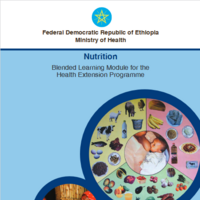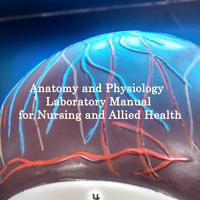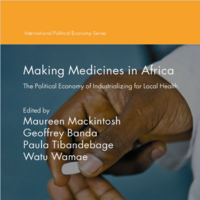Search
Books+
Searching 1,730 books
Search related to the career Sports Medicine Physician
Nutrition Importance in Sports Medicine
Introduction:
Nutrition plays a crucial role in sports medicine as it directly impacts an athlete's performance, recovery, and overall well-being. Proper nutrition provides the necessary fuel, nutrients, and hydration for athletes to optimize their physical and mental capabilities.
Enhanced Performance:
A well-balanced diet ensures that athletes have sufficient energy to perform at their best. Consuming the right amount of carbohydrates, proteins, and fats helps maintain glycogen stores, which are essential for endurance and high-intensity activities. Adequate protein intake supports muscle growth, repair, and recovery, contributing to improved strength and power.
Injury Prevention and Recovery:
Nutrition plays a vital role in injury prevention and recovery. Proper nutrition supports the immune system, reducing the risk of illness and infections that can hinder an athlete's performance. It also aids in tissue repair and reduces inflammation, allowing athletes to recover faster from injuries and intense training sessions.
Optimal Body Composition:
Maintaining an optimal body composition is crucial for athletes. Proper nutrition helps manage body weight, body fat percentage, and muscle mass, which directly impact performance. A balanced diet, combined with appropriate hydration, assists in achieving and maintaining the desired body composition for optimal athletic performance.
Improved Mental Focus:
Nutrition not only affects physical performance but also mental focus and cognitive function. Consuming a variety of nutrients, including vitamins, minerals, and antioxidants, supports brain health and enhances cognitive abilities. Adequate hydration is also essential for maintaining mental alertness and preventing fatigue.
Reduced Risk of Chronic Diseases:
Proper nutrition in sports medicine helps reduce the risk of chronic diseases such as cardiovascular diseases, diabetes, and certain types of cancer. A diet rich in fruits, vegetables, whole grains, lean proteins, and healthy fats provides essential nutrients and antioxidants that promote overall health and well-being.
Conclusion:
In sports medicine, nutrition plays a vital role in optimizing performance, preventing injuries, promoting recovery, maintaining body composition, enhancing mental focus, and reducing the risk of chronic diseases. Athletes who prioritize proper nutrition are more likely to achieve their full potential and enjoy long-term success in their chosen sport.
Source: Various AI tools
Nutrition
Books tagged nutrition
Sports
Health
Books tagged health
Healthcare providers
Books tagged healthcare providers
Searched in English.




















































